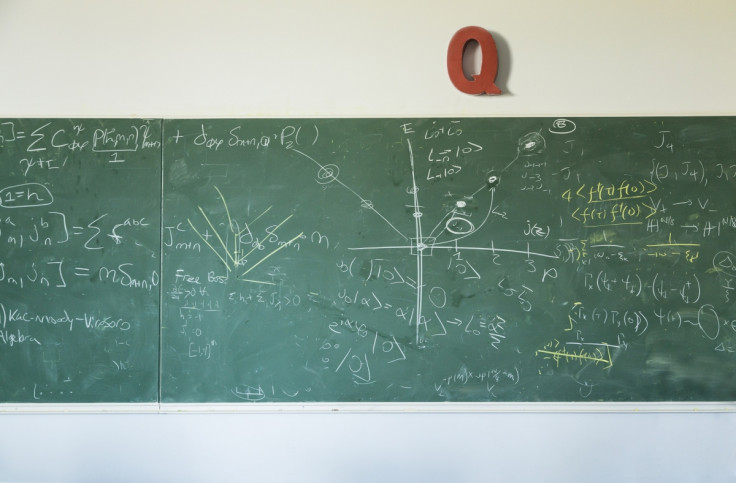Microsoft predicts practical quantum computers within 10 years

A new era of ultra-powerful computing will arrive within the next decade, Microsoft researchers have predicted, as quantum computing systems capable of reaping the full benefits of the emerging technology are introduced. A new paper published this week by researchers at Microsoft's quantum lab Station Q revealed that the tech giant is working on a device that goes far beyond the capabilities of other quantum computers currently in development.
What is quantum computing?
Quantum computers replace traditional bits (used in digital communications) with quantum bits, or qubits. Qubits exist in a state of superposition, meaning they can be in both states at once (zero and one), rather than the single binary states of traditional computers.

This allows computing challenges to be solved that are beyond the reach of today's fastest supercomputers. Potential applications can be found in a variety of fields, from space travel to artificial intelligence.
Since they were first theorised by the physicist Richard Feynman in 1982, academic researchers and corporate labs have attempted to build quantum computers. Among the firms pioneering development are Nasa and Google, who both use systems built by the Canadian firm D-Wave.
Researchers at Microsoft's quantum lab have previously questioned whether D-Wave's machines actually offer the computing advantages that Feynman first hypothesised, claiming that the processing power is not radically different to conventional systems.
The latest research from Microsoft states that a working quantum computer, capable of outperforming traditional computers by orders of magnitude, could be a reality within the next 10 years. Such a system, even a small one with around 100 qubits, would be able to solve problems beyond the realm of conventional computers.
"Recent improvements in control of quantum systems make it seem feasible to finally build a quantum computer within a decade," the paper's abstract states. "While it has been shown that such a quantum computer can in principle solve certain small electronic structure problems... the highly relevant problem of directly solving a complex correlated material appears to require prohibitive amount of resources."
In order to achieve this, the researchers state that a "hybrid quantum-classical" algorithm needs to be utilised in order to incorporate the power of a small quantum computer into a conventional framework.
© Copyright IBTimes 2025. All rights reserved.






















